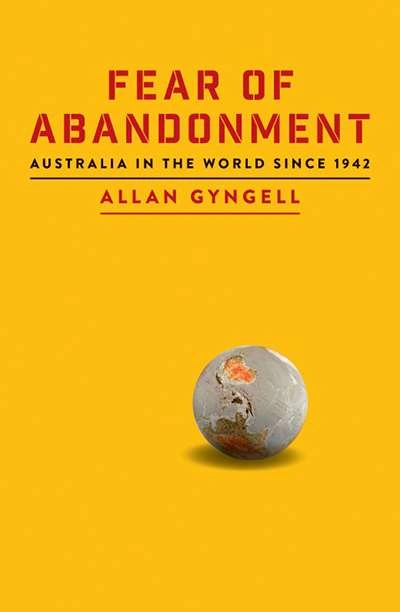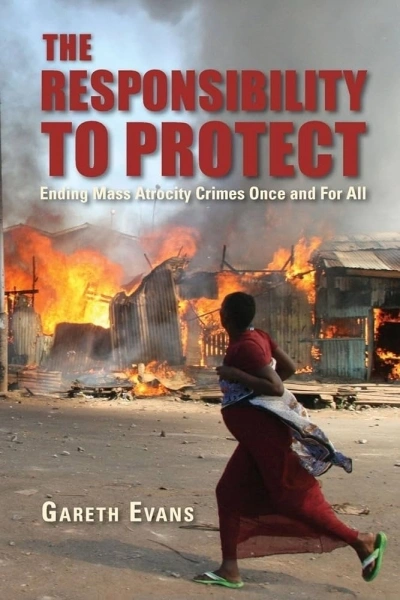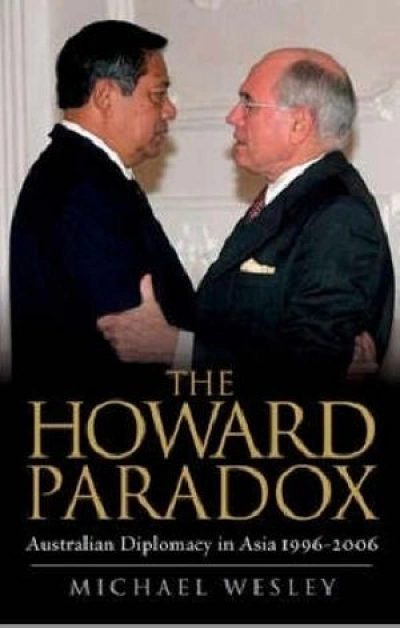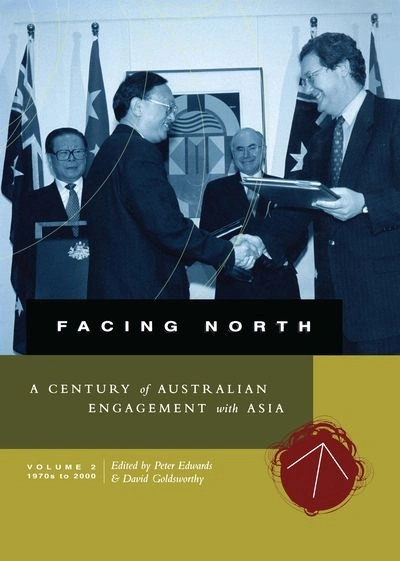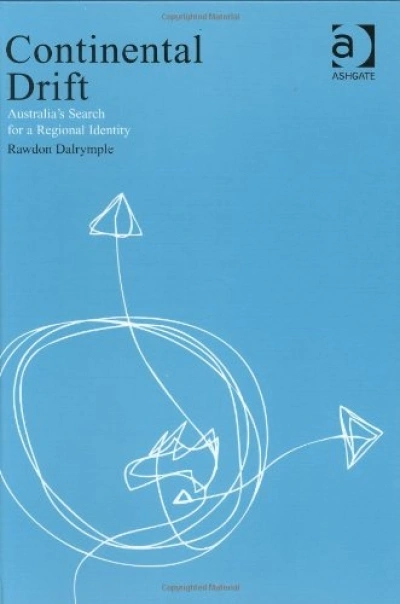Allan Gyngell
Fear of Abandonment: Australia in the world since 1942 by Allan Gyngell
by Frank Bongiorno •
Dear Editor,
This is a note to congratulate you on the quality of the latest Calibre Prize essays, by Jane Goodall and Kevin Brophy, in the April edition of ABR. The two pieces maintain the incredibly high standards of the Prize, of which I was honoured to be an inaugural judge.
... (read more)The Responsibility to Protect: End mass atrocity crimes once and for all by Gareth Evans
by Allan Gyngell •
The Howard Paradox: Australian diplomacy in Asia 1996–2006 by Michael Wesley
by Allan Gyngell •
Facing North edited by Peter Edwards and David Goldsworthy & Losing the Blanket by David Goldsworthy
by Allan Gyngell •
Continental Drift by Rawdon Dalrymple & Making Australian Foreign Policy by Allan Gyngell and Michael Wesley
by Allan Patience •


